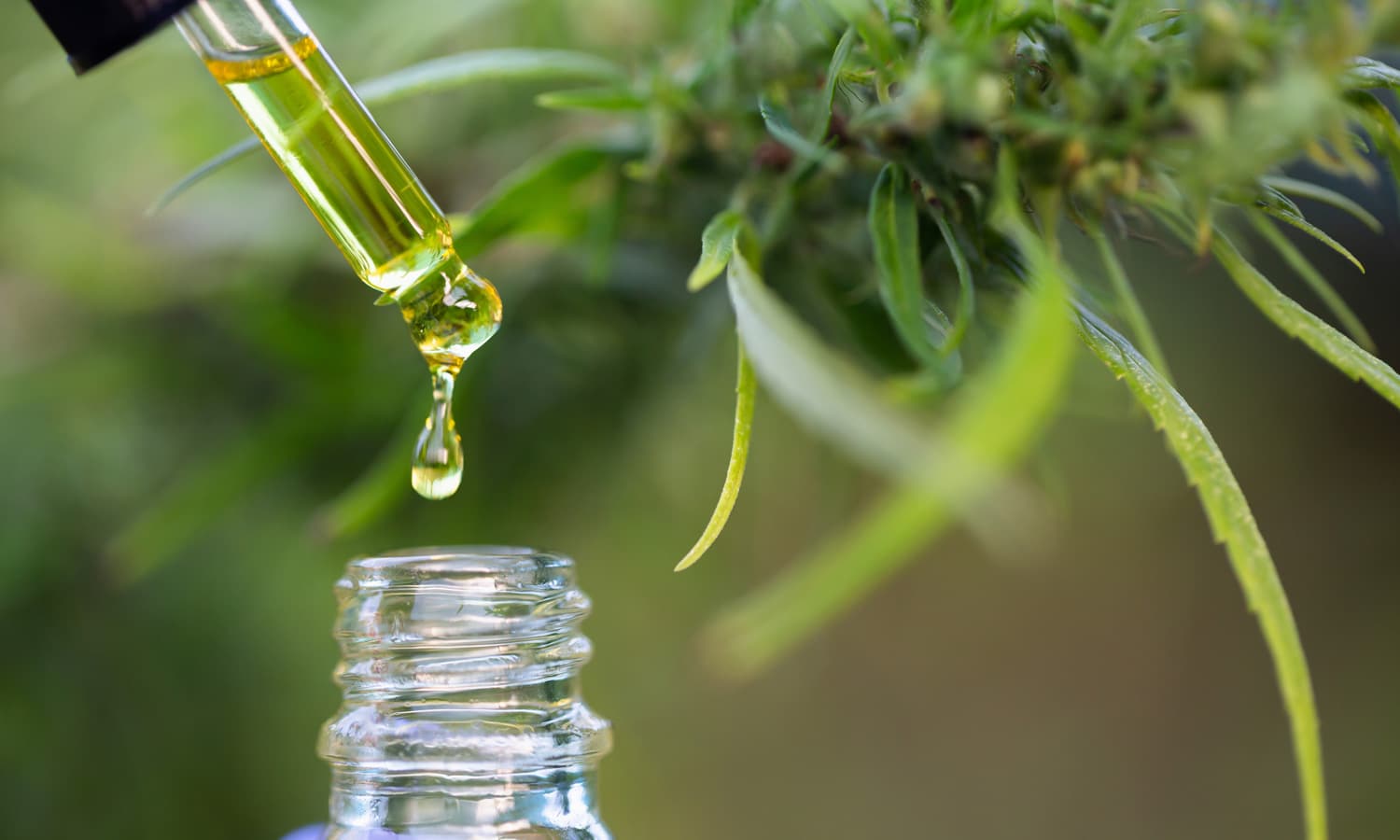
By Maureen Meehan
U.S. State Department officials say they have not had access to Brittney Griner since she was arrested at the airport in Moscow on Feb. 17 for allegedly having cannabis oil in her suitcase.
Finally, after one month, a State Dept. official issued a statement Thursday saying, “We insist the Russian government provide consular access to all U.S. citizen detainees in Russia, including those in pre-trial detention, as Brittney Griner is.”

Except for a photo of the WNBA All-Star holding up a piece of paper with her name on it released by Russian authorities on March 8, not much else has been heard about her detention until Thursday when the Russian news agency Tass reported that a Moscow court extended her arrest until May 19.
The State Department’s insistence that Russia provide access to Griner marks a definite change in tone. Up until now, the government has maintained a low profile with her case. Some say the government’s strategy is to not increase her profile to the point where she might become a valuable political asset to Russia while others regard the government’s inaction as indifference.
Powerful Cultural Symbol
ESPN investigative reporter T.J. Quinn said that limited response from the WNBA, the Biden administration and even Griner’s family could be deliberate. The absence of a spotlight and excessive media attention, said Quinn of the ESPN Daily podcast, might well be working in Griner’s favor.
“People around Brittney and the U.S. government know that if you make too big a deal of it here, you not only risk bringing attention to it, but you add value to her as an asset.”
And if the perception is that Griner is a powerful cultural symbol, Quinn noted, Russian President Putin could decide to make an example of her.
RELATED: Nervous About Traveling With A Weed Vape? Here’s What You Should Know
Meanwhile, the State Dept. says it’s on the ball. “We are closely engaged on this case and in frequent contact with Brittney Griner’s legal team … We have repeatedly asked for consular access to these detainees and have consistently been denied access.”
This article originally appeared on Benzinga and has been reposted with permission.



